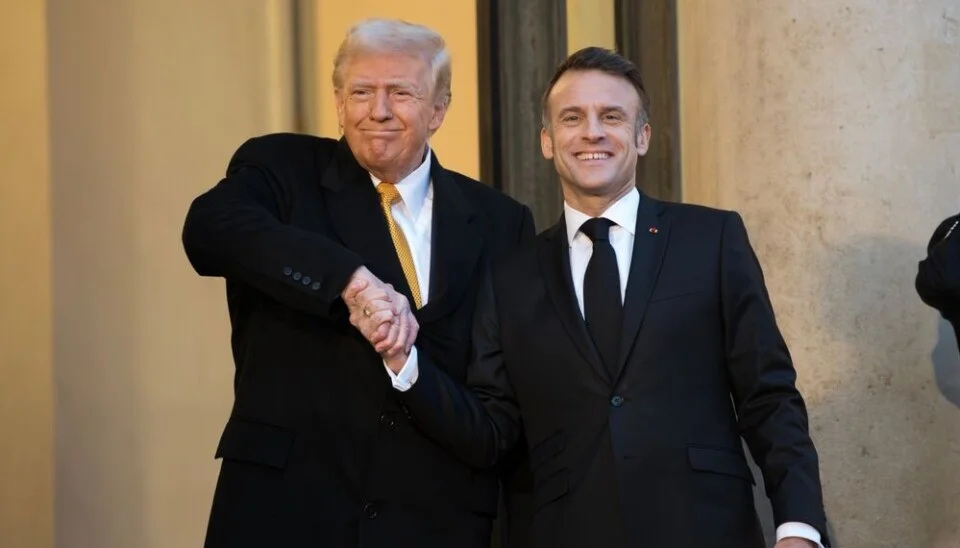
Ashamed Abroad: How Trump’s Tariffs Are Changing the American Experience in Paris
In the heart of Paris, a city long associated with romance, art, and centuries of close—if sometimes contentious—relations with the United States, a new phenomenon is quietly unfolding among American tourists. Their iconic baseball caps and casual confidence have, for some, been replaced by hesitation and even small acts of disguise. The cause? The turbulent legacy of President Donald Trump’s trade tariffs and his 'America First' agenda, which have ripple effects extending well beyond geopolitical headlines into the everyday experiences of Americans overseas.

Rick and Barbara Wilson, a retired couple from Dallas, Oregon, found themselves masking their American identities on their first trip to France. Before leaving their Paris hotel to stroll through the sunlit Tuileries gardens, Rick covered the US flag on his cap with black tape, while Barbara carried a Canadian lapel pin as a backup. “We’re sick about it. It’s horrible. Just horrible,” Rick confided, echoing a growing sense of embarrassment and frustration voiced by many fellow travelers in the wake of the Trump administration’s steep tariffs.
Such low-key precautions are becoming more common. Chris Epps, an attorney from New York, purposefully left his signature Yankees cap behind, wary of attracting questions or unfriendly stares. “People might come up to us, treat us differently. But so far, so good,” he told the BBC. The overt actions of these tourists, once proud emissaries of American culture, reflect a much deeper anxiety about the international image of the United States.

Across Paris—and far beyond the Tuileries—Trump’s sudden announcement of sweeping tariffs, dubbed 'Liberation Day' by some, sent tremors through world markets and soured diplomatic conversations. Even as American visitors remain broadly welcomed, French attitudes have noticeably shifted. Philippe Gloaguen, publisher of France’s prestigious Le Guide du Routard, noted a 25% plunge in orders for US travel guides, saying, “They don't want to spend their money in the United States.” Instead, Canadians and other destinations are surging in popularity with French travelers, as local media debate whether the US remains a true ally at all.
The consequences reach beyond tourism. French institutions have started offering refuge to American academics facing funding cuts, while universities warn students about political scrutiny at US borders. A recent poll showed that 73% of French respondents no longer see America as an ally, while an astonishing 78% of French expatriates in the US report feeling "particularly pessimistic" about their future there.
Yet not all voices in Paris peddle pessimism. Nicolas Conquer, leader of Republicans Abroad Paris, remains steadfast in his support for Trump and insists that the Franco-American bond is robust beneath the diplomatic surface. But many, like longtime American-in-France Jack Warshaw, voice deep dismay, describing Trump’s 'America First' as a policy that isolates the US and undermines the very ideals it once exported.
This evolving relationship has precedent—France and America have weathered many shocks, from debates over the Iraq war to disputes about the Statue of Liberty's symbolism. Still, as former French President François Hollande pointedly summarized: “The American people remain our friend, but [Trump] is no longer our ally.” Kerry Halferty-Hardy, President of the American Club of Paris, perhaps captured it best: the connection remains one of “love” but not always “like.”
As American visitors weigh whether to don their Stars and Stripes or blend in with Canadian pins, the true cost of political decisions is being felt in both subtle gestures and seismic divides. How will this moment reshape not only travel but the deeper ties between the US and its oldest allies? Readers are invited to share their perspectives on what comes next for the transatlantic friendship.